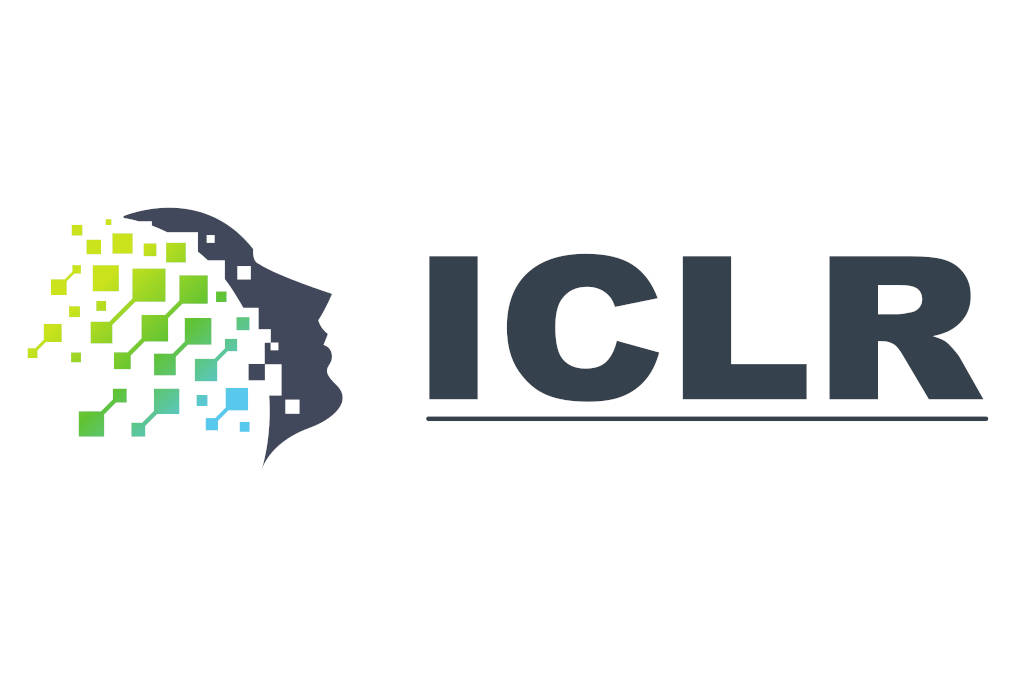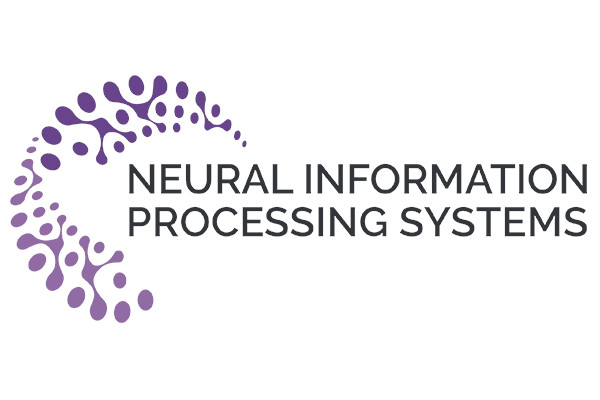25.04.2025

MCML Researchers With Seven Papers at CHI 2025
Conference on Human Factors in Computing Systems (CHI 2025). Yokohama, Japan, 26.04.2025–01.05.2024
We are happy to announce that MCML researchers are represented with seven papers at CHI 2025. Congrats to our researchers!
The TaPSI Research Framework - A Systematization of Knowledge on Tangible Privacy and Security Interfaces.
CHI 2025 - Conference on Human Factors in Computing Systems. Yokohama, Japan, Apr 26-May 01, 2025. To be published.
Abstract
This paper presents a comprehensive Systematization of Knowledge on tangible privacy and security interfaces (TaPSI). Tangible interfaces provide physical forms for digital interactions. They can offer significant benefits for privacy and security applications by making complex and abstract security concepts more intuitive, comprehensible, and engaging. Through a literature survey, we collected and analyzed 80 publications. We identified terminology used in these publications and addressed usable privacy and security domains, contributions, applied methods, implementation details, and opportunities or challenges inherent to TaPSI. Based on our findings, we define TaPSI and propose the TaPSI Research Framework, which guides future research by offering insights into when and how to conduct research on privacy and security involving TaPSI as well as a design space of TaPSI.
MCML Authors
Investigating LLM-Driven Curiosity in Human-Robot Interaction.
CHI 2025 - Conference on Human Factors in Computing Systems. Yokohama, Japan, Apr 26-May 01, 2025. To be published.
Abstract
Integrating curious behavior traits into robots is essential for them to learn and adapt to new tasks over their lifetime and to enhance human-robot interaction. However, the effects of robots expressing curiosity on user perception, user interaction, and user experience in collaborative tasks are unclear. In this work, we present a Multimodal Large Language Model-based system that equips a robot with non-verbal and verbal curiosity traits. We conducted a user study (N=20) to investigate how these traits modulate the robot’s behavior and the users’ impressions of sociability and quality of interaction. Participants prepared cocktails or pizzas with a robot, which was either curious or non-curious. Our results show that we could create user-centric curiosity, which users perceived as more human-like, inquisitive, and autonomous while resulting in a longer interaction time. We contribute a set of design recommendations allowing system designers to take advantage of curiosity in collaborative tasks.
MCML Authors
ERP Markers of Visual and Semantic Processing in AI-Generated Images: From Perception to Meaning.
CHI 2025 - Conference on Human Factors in Computing Systems. Yokohama, Japan, Apr 26-May 01, 2025. To be published.
Abstract
Perceptual similarity assessment plays an important role in processing visual information, which is often employed in Human-AI interaction tasks such as object recognition or content generation. It is important to understand how humans perceive and evaluate visual similarity to iteratively generate outputs that meet the users’ expectations better and better. By leveraging physiological signals, systems can rely on users’ EEG responses to support the similarity assessment process. We conducted a study (N=20), presenting diverse AI-generated images as stimuli and evaluating their semantic similarity to a target image while recording event-related potentials (ERPs). Our results show that the N400 component distinguishes low, medium, and high similarity of images, while the P2 component showed no significant impact, implying consistent early perceptual processing. Thus, we demonstrate that ERPs allow us to assess the users’ perceived visual similarity to support rapid interactions with human-AI systems.
MCML Authors
Preventing Harmful Data Practices by Using Participatory Input to Navigate the Machine Learning Multiverse.
CHI 2025 - Conference on Human Factors in Computing Systems. Yokohama, Japan, Apr 26-May 01, 2025. To be published.
Abstract
In light of inherent trade-offs regarding fairness, privacy, interpretability and performance, as well as normative questions, the machine learning (ML) pipeline needs to be made accessible for public input, critical reflection and engagement of diverse stakeholders. In this work, we introduce a participatory approach to gather
input from the general public on the design of an ML pipeline. We show how people’s input can be used to navigate and constrain the multiverse of decisions during both model development and evaluation. We highlight that central design decisions should be democratized rather than “optimized” to acknowledge their critical impact on the system’s output downstream. We describe the iterative development of our approach and its exemplary implementation on a citizen science platform. Our results demonstrate how public participation can inform critical design decisions along the model-building pipeline and combat widespread lazy data practices.
MCML Authors
The Illusion of Privacy: Investigating User Misperceptions in Browser Tracking Protection.
CHI 2025 - Conference on Human Factors in Computing Systems. Yokohama, Japan, Apr 26-May 01, 2025. To be published.
Abstract
Third parties track users’ web browsing activities, raising privacy concerns. Tracking protection extensions prevent this, but their influence on privacy protection beliefs shaped by narratives remains uncertain. This paper investigates users’ misperception of tracking protection offered by browser plugins. Our study explores how different narratives influence users’ perceived privacy protection by examining three tracking protection extension narratives: no protection, functional protection, and a placebo. In a study (N=36), participants evaluated their anticipated protection during a hotel
booking process, influenced by the narrative about the plugin’s functionality. However, participants viewed the same website without tracking protection adaptations. We show that users feel more protected when informed they use a functional or placebo extension, compared to no protection. Our findings highlight the deceptive nature of misleading privacy tools, emphasizing the need for greater transparency to prevent users from a false sense of protection, as such misleading tools negatively affect user study results.
MCML Authors
Designing Effective Consent Mechanisms for Spontaneous Interactions in Augmented Reality.
CHI 2025 - Conference on Human Factors in Computing Systems. Yokohama, Japan, Apr 26-May 01, 2025. To be published.
Abstract
Ubiquitous computing devices like Augmented Reality (AR) glasses allow countless spontaneous interactions – all serving different goals. AR devices rely on data transfer to personalize recommendations and adapt to the user. Today’s consent mechanisms, such as privacy policies, are suitable for long-lasting interactions; however, how users can consent to fast, spontaneous interactions is unclear. We first conducted two focus groups (N=17) to identify privacy-relevant scenarios in AR. We then conducted expert interviews (N=11) with co-design activities to establish effective consent mechanisms. Based on that, we contribute (1) a validated scenario taxonomy to define privacy-relevant AR interaction scenarios, (2) a flowchart to decide on the type of mechanisms considering contextual factors, (3) a design continuum and design aspects chart to create the mechanisms, and (4) a trade-off and prediction chart to evaluate the mechanism. Thus, we contribute a conceptual framework fostering a privacy-preserving future with AR.
MCML Authors
PrivacyHub: A Functional Tangible and Digital Ecosystem for Interoperable Smart Home Privacy Awareness and Control.
CHI 2025 - Conference on Human Factors in Computing Systems. Yokohama, Japan, Apr 26-May 01, 2025. To be published.
Abstract
Hubs are at the core of most smart homes. Modern cross-ecosystem protocols and standards enable smart home hubs to achieve interoperability across devices, offering the unique opportunity to integrate universally available smart home privacy awareness and control features. To date, such privacy features mainly focus on individual products or prototypical research artifacts. We developed a cross-ecosystem hub featuring a tangible dashboard and a digital web application to deepen our understanding of how smart home users interact with functional privacy features. The ecosystem allows users to control the connectivity states of their devices and raises awareness by visualizing device positions, states, and data flows. We deployed the ecosystem in six households for one week and found that it increased participants’ perceived control, awareness, and understanding of smart home privacy. We further found distinct differences between tangible and digital mechanisms. Our findings highlight the value of cross-ecosystem hubs for effective privacy management.
MCML Authors
25.04.2025
Related

23.04.2025
MCML Researchers With 44 Papers at ICLR 2025
13th International Conference on Learning Representations (ICLR 2025). Singapore, 24.04.2025 - 28.04.2024

27.02.2025
MCML Researchers With Six Papers at WACV 2025
IEEE/CVF Winter Conference on Applications of Computer Vision (WACV 2025). Tucson, AZ, USA, 28.02.2025 - 04.03.2024

24.02.2025
MCML Researchers With Seven Papers at AAAI 2025
39th Conference on Artificial Intelligence (AAAI 2025). Philadelphia, PA, USA, 25.02.2025 - 04.03.2024







